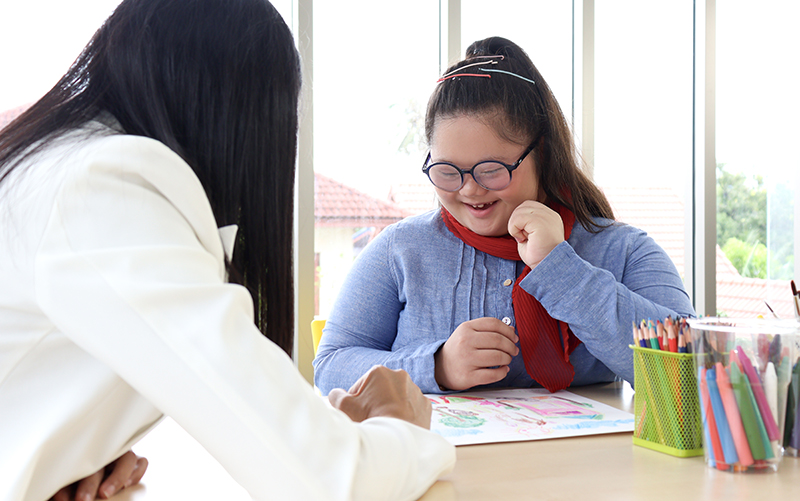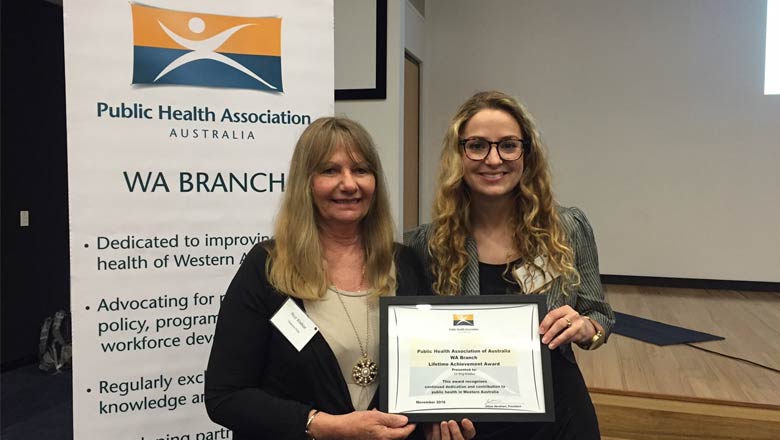Search
Research
Application of Inertial Measurement Units and Machine Learning Classification in Cerebral Palsy: Randomized Controlled TrialCerebral palsy (CP) is a physical disability that affects movement and posture. Approximately 17 million people worldwide and 34,000 people in Australia are living with CP. In clinical and kinematic research, goniometers and inclinometers are the most commonly used clinical tools to measure joint angles and positions in children with CP.

News & Events
Major grants fuel child health researchSix researchers from The Kids Research Institute Australia have been awarded $8.9 million in prestigious Investigator Grants from the National Health and Medical Research Council.

News & Events
Five researchers from The Kids awarded Early Career Child Health Researcher FellowshipsFive researchers from The Kids Research Institute Australia have been awarded three-year fellowships with the aim of keeping more WA-based PhD graduates involved in child health research.

News & Events
Participation key to quality of life for kids with disabilityThe Kids Research Institute Australia researchers have called for a greater focus on creating opportunities for children with disability to participate in the community, after finding a clear link between participation and better quality of life.

News & Events
The Kids researchers honoured at Public Health Association AwardsTwo The Kids researchers working to improve the health & wellbeing of Aboriginal children & their families have both been honoured at the PHAA Awards.
Research
Siblings of Individuals With Neurodevelopmental Conditions: Perspectives on Risk, Resiliency and Future Research DirectionsSiblings of individuals with neurodevelopmental conditions (NDCs) are at increased genetic and environmental risk for poorer psychosocial and neurocognitive outcomes compared to control groups of siblings of individuals without NDCs.
Research
Eating and drinking abilities and respiratory and oral health in children and young adults with cerebral palsyTo investigate the potential risk factors of respiratory illness (ethnicity, oral health, and eating and drinking ability) in children and young adults with cerebral palsy.
Research
Exploring Oral Health Related Quality of Life in Rett Syndrome Using Directed Content AnalysisNo validated oral health-related quality of life (OHRQOL) instrument currently exists for those with severe intellectual and developmental disabilities and who communicate non-verbally. This qualitative study aimed to explore the domains that were important to the oral health-related quality of life in individuals with Rett syndrome.
Research
Efficacy of DYRK1A inhibitors in novel models of Down syndrome acute lymphoblastic leukemiaDespite significant advances, outcomes for children with Down syndrome (DS, trisomy 21) who develop acute lymphoblastic leukemia remain poor. Reports of large DS-ALL cohorts have shown that children with DS have inferior event-free survival and overall survival compared to children without DS.
Research
Caregiver-reported meaningful change in functional domains for individuals with developmental and epileptic encephalopathy: A convergent mixed-methods designTo investigate how caregivers of children with developmental and epileptic encephalopathy and severe developmental impairments describe meaningful change for functional domains and why it is important.
